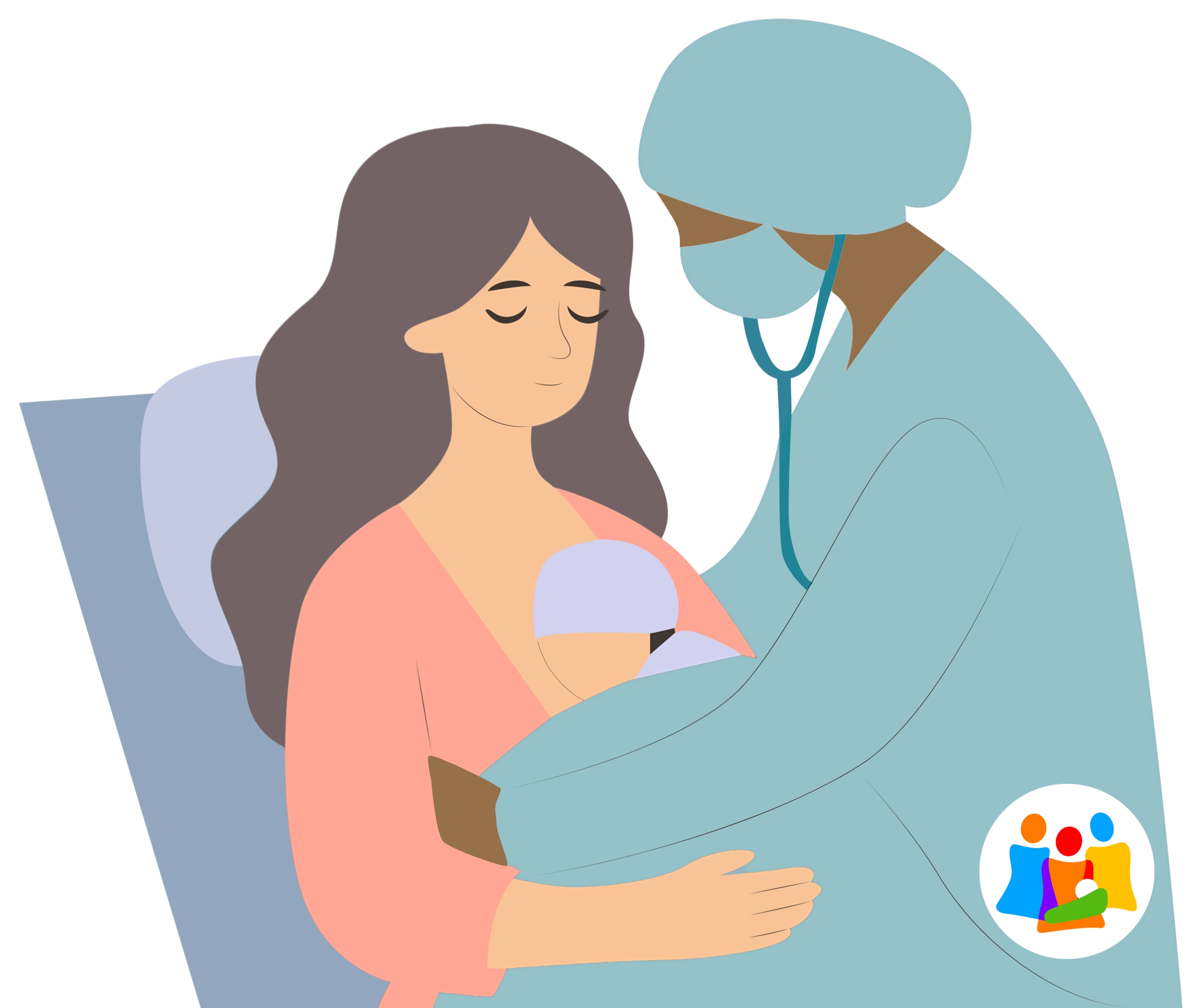Cost
Students: $15
Regular: $30
Premium Members will have 10% off applied in their cart
Includes access to the eCourse for 1 year
Overview
This 3-hour course reviews optimal breastfeeding management to promote and support exclusive breastfeeding. Physicians and other providers will gain an understanding of the importance of breastfeeding, anatomy & physiology of lactation, current breastfeeding policies, and the evaluation and management of common maternal & infant problems associated with breastfeeding with a focus on the immediate postpartum period and hospital stay.
Objectives
- • Explain the policy background to Baby Friendly Hospital Initiative
- • Recite the 10 Steps to Successful Breastfeeding
- • Describe the Code of Marketing of Breastmilk Substitutes recommendations
- • Identify major infant and parental health contraindications to breastfeeding
- • Describe 3 demographic factors that increase the risk of not breastfeeding
- • Explain prenatal strategies to educate and support pregnant parents to breastfeed/chestfeed
- • Explain the hormonal and anatomic changes involved in the development of breast tissue during pregnancy
- • Describe the major factors that play a role in establishment and maintenance of milk production
- • Identify Baby Friendly hospital practices that enable breastfeeding within the first hour after birth
- • Describe the physiological triggers that lead to secretory activationt.
- • Explain indications for supplementation
- • Explain how to support lactation when an infant does not feed directly from the breast
- • Describe how to support lactation when the parent and infant are separated
- • Explain ways to optimally support lactating dyads when they transition from the hospital to outpatient care
- • Describe 3 signs of adequate milk intake in the first 3 days postpartum
- • List 3 interventions that support infants and breastfeeding mothers during a delay in lactation in the first week postpartum
- • Describe 4 common reasons for persistent sore nipples/breasts in a lactating mother
- • Identify 3 symptoms/signs of hyperlactation
- • Identify common reasons for low milk production
- • Describe 4 basic pharmacological principles that determine the transmission of medications into the breast
Topic Outline
- • Professional and governmental policies
- • Prenatal education and support
- • Anatomy and physiology of lactation
- • Immediate postpartum management of breastfeeding dyads
- • Latch and positioning
- • Contraindications and special considerations
- • Medications during lactation
- • Breastfeeding management during the postpartum hospital stay
- • Evidence for rooming in, skin to skin, and colostrum care
- • Anticipatory guidance for commonly encountered breastfeeding challenges including sore nipples, engorgement, and protecting milk production
Accreditation
CMEs: The AAFP has reviewed Baby Friendly Hospital Initiative Course for Physicians and Other Providers and deemed it acceptable for up to 3.0 Enduring Materials, Self-Study AAFP Prescribed credits. Physicians should claim only the credit commensurate with the extent of their participation in the activity.
CMEs can be used for nurse credit hours. All state boards for nursing licensure approve of educational offerings that are approved by the American Nursing Credentialling Center (ANCC). According to ANCC Certification, the continuing education hours approved by the AAFP and AMA PRA Category 1 Credits™ meet the requirement of formally approved continuing education hours and may be used as such for ANCC Certification renewal. https://www.nursingworld.org/certification/faqs/
CERPs: According to the International Board of Lactation Consultant Examiners® (IBLCE®) Individual CERPs Guide for Recertification, Section IIIA, education that has been awarded educational credit by another board or organization may be counted as CERPs. All IABLE courses both live and enduring are awarded continuing education credits (CMEs) from the American Academy of Family Physicians. Each CME credit can be counted as one CERP. There is no limit to the number of CMEs that can be counted as CERPs.
Speaker
Lena Edelstein MD, NABBLM-C, IBCLC, is a Breastfeeding and Lactation Medicine Specialist in New York working alongside Dr. Lauren Macaluso in private practice within Allied Physicians Group. Dr. Edelstein completed her undergraduate studies at Haverford College, where she continues to value the lessons learned through open, thoughtful peer conversations. She earned her medical degree from Sidney Kimmel Medical College at Thomas Jefferson University and completed her pediatric residency at Cohen Children’s Medical Center, part of the Northwell Health System. While practicing as a pediatrician, Dr. Edelstein developed a deep interest in Breastfeeding Medicine, driven initially by a desire to better serve her youngest patients and support their families. She was immediately drawn to providing comprehensive care for the entire dyad.
In addition to her clinical practice, she creates educational content for the Institute for the Advancement of Breastfeeding and Lactation Education. Dr. Edelstein is a past participant in the Academy of Breastfeeding Medicine (ABM) Leadership Academy and has served as co-chair of the ABM Education Committee. She is currently co-chair of the Breastfeeding Committee within Allied Physicians Group.
Conflicts of Interest
None
II. Physiology & Endocrinology
VI. Techniques
VII. Clinical Skills

